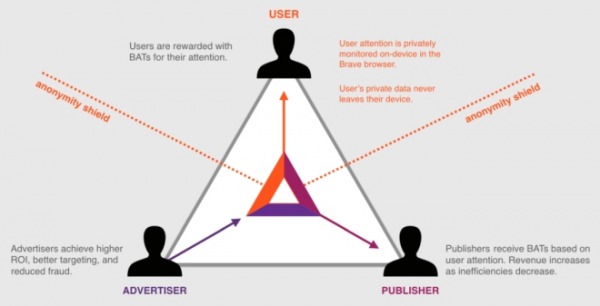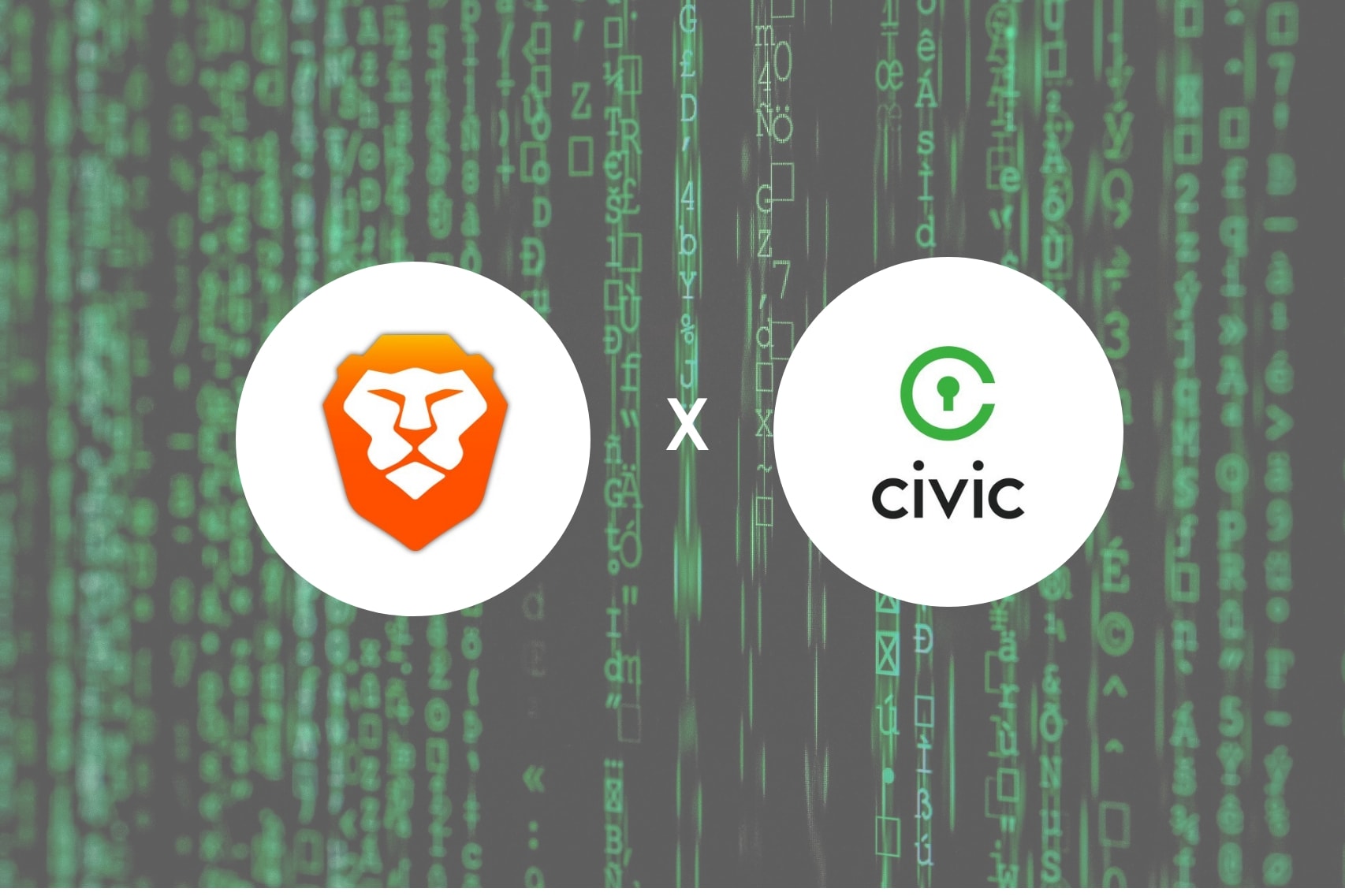Download the Brave Browser.
Brave Browser, a product of the Basic Attention Token project, has announced that it will be using decentralized digital identification platform Civic for the verification of publishers.
Announced at the Consumer Identity World in Seattle, the collaboration will give publishers the option of registering via Civic’s Know-Your-Customer (KYC) features to earn tokens from BAT’s platform. Reports indicate that publishers can verify their identities with their mobile devices.
Co-founded by the creator of Mozilla Firefox and JavaScript, the BAT project has picked a up lot of traction recently, with the Brave browser hitting several million users already. The BAT publisher program has over 21,000 registered publishers, including the likes of the Guardian, the Washington Post and the Dow Jones Media Group, which publishes the Wall Street Journal. Their adoption has been strong, growing from 8,000 publishers in February.
Through the platform, users can pay their favorite content creators directly with BAT tokens on a scheduled basis, while also being able to choose whether to view advertisements or not.
Consequently, content creators are less dependent on advertisers for revenue, and do not have to concede a sizable portion of their revenue to the platform, as is the case with centralized services like YouTube and Facebook.

Civic too has gained attention with its reusable digital identity service that lets users store their digital identities on an immutable ledger, offering strong security and making access convenient.
Digital identity storage and security is seen as one of blockchain’s foremost use cases, and several other projects are also developing such platforms with different . Microsoft, noted for its Azure Blockchain Workbench and general blockchain enthusiasm, is also working on such a system.
While BAT is largely perceived as a platform that is restructuring the digital advertising platform, the idea that it is fostering greater privacy for consumers has gone somewhat under the radar.
Currently, digital advertising feeds off user data, which the likes of Google and Facebook have copious amounts of. Brave CEO and co-founder Brendan Eich believes that in integrating with Civic, the two projects can work around this pain point, saying that “directly connects users and publishers in a transparent system to guarantee privacy and authenticity, without the intermediaries that harvest user data.”
Civic CEO and co-founder Vinny Lingham is excited by the benefits of the collaboration for both parties, saying:
As Brave is experiencing exponential publisher and user growth, implementing Civic will enable more people to safely and securely utilize the Brave platform while establishing and sustaining trust between publishers and users. We’re thrilled to partner with Brave and bring our trusted identity verification services to help build a better browser with the benefits of blockchain technology.
Eich recently conducted an AMA in which he discussed a wide variety of challenges and possibilities with the BAT platform, including the project’s top priorities, finding a wider audience to engage with and the advertising system.
Related: Should You Invest in BAT? (Opinion)
Download the Brave Browser.

